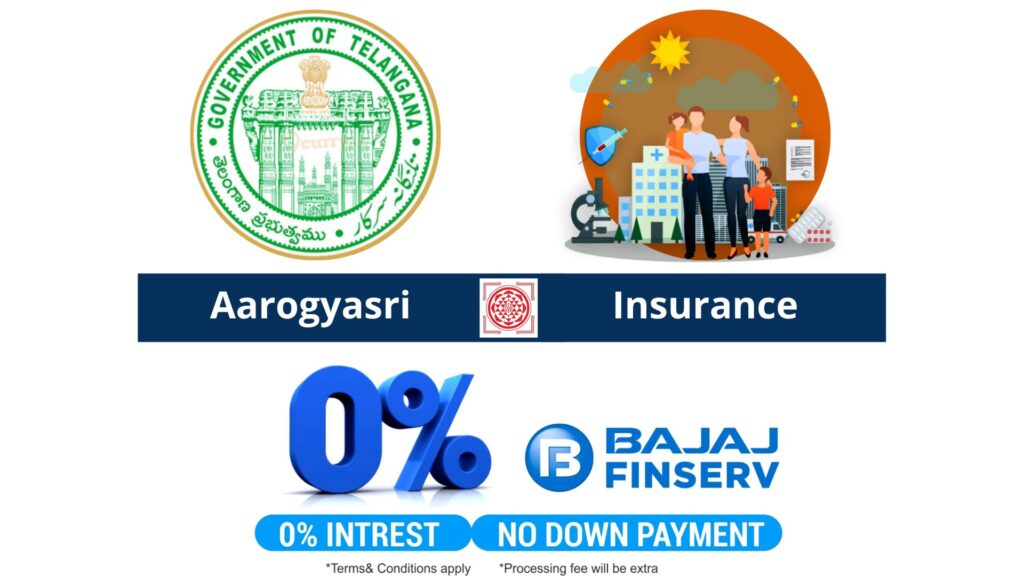
overview
DiGeorge syndrome, more precisely known as 22q11.2 deletion syndrome, is a disorder caused by the absence of a small part of chromosome 22. This deletion leads to poor development of several body systems.
The term 22q11.2 deletion syndrome encompasses terms that were previously considered separate conditions, including DiGeorge syndrome, velocardiofacial syndrome, and other disorders that share the same genetic cause, although the characteristics may vary slightly. Velocardiofacial syndrome Treatment in Hyderabad
symptoms
The signs and symptoms of DiGeorge syndrome (22q11.2 deletion syndrome) can vary in type and severity depending on the body systems affected and the severity of the defects. Some signs and symptoms may be felt at birth, but others may not appear until later in infancy or infancy. Velocardiofacial syndrome Treatment in Hyderabad
Signs and symptoms can be a combination of the following:
- Heart murmur and bluish skin due to poor blood flow to oxygenated blood (cyanosis) due to a heart defect
- Frequent infections
- Some facial features such as an underdeveloped chin, low ears, large eyes, or a narrow groove in the upper lip
- A gap in the roof of your mouth (cleft palate) or other problems with the roof of your mouth
- Stunted growth
The reasons
Every person has two copies of chromosome 22, one inherited from each parent. When a person has DiGeorge syndrome (22q11.2 deletion syndrome), one copy of chromosome 22 is missing in a segment that contains about 30 to 40 genes. Many of these genes have not been clearly identified and are not well understood. The deleted region of chromosome 22 is known as 22q11.2. Velocardiofacial syndrome Treatment in Hyderabad
- Complications
- Ventricular septal defect
- Ventricular Septum Abnormality Open the Arterial Truncus pop-up dialog box
- Truncus arteriosus Open context dialog The figure shows the components of the Fallot tetralogy
- Tetralogy of the FallotOpen popup dialog Parathyroid glands
- Parathyroid glands Open popup dialog Left palate
- Cleft Palate Open the Lymphatic System pop-up dialog box
- Lymphatic System Open the popup dialog
- Parts of chromosome 22 deleted in DiGeorge syndrome (22q11.2 deletion syndrome) play a role in the development of a number of body systems. As a result, the disorder can cause several defects during the developing fetus. Common problems encountered with 22q11.2 deletion syndrome include:
Heart defect. The 22q11.2 deletion syndrome often causes heart defects that can lead to an inadequate supply of oxygenated blood. For example, defects can include a hole between the lower chambers of the heart (interventricular communication); a single large vessel instead of two vessels emerging from the heart (truncus arteriosus); or a combination of four abnormal heart structures (Fallot tetralogy).
preventions
In some cases, DiGeorge syndrome (22q11.2 deletion syndrome) can be passed from an affected parent to a child. If you are concerned about a family history of 22q11.2 deletion syndrome, or if you already have a child with the syndrome, you should see a doctor who specializes in genetic disorders (geneticist) or a genetic counselor for you. Help plan future pregnancies. Velocardiofacial syndrome Treatment in Hyderabad

